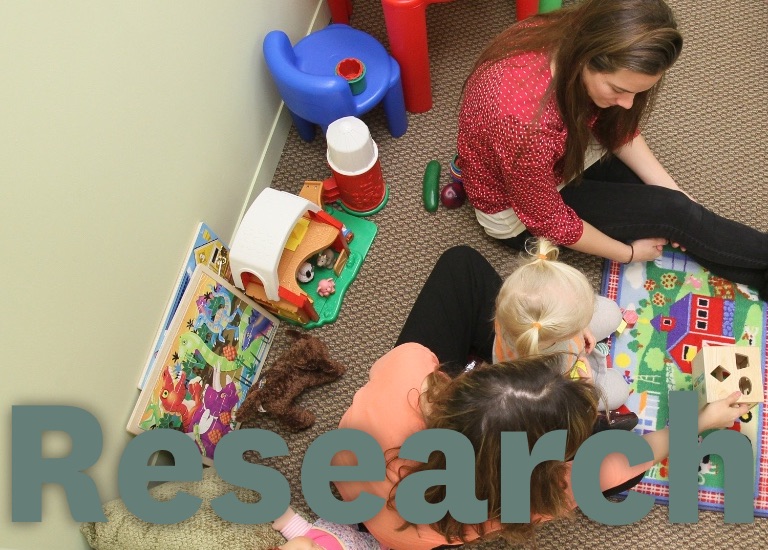Human Occupation, Precarity, and Employment (HOPE)
The Human Occupation, Precarity, and Employment (HOPE) Lab, directed by Dr. Rebecca Aldrich, aims to illuminate assumptions, practices, and policies that differently shape access to, and engagement in, occupation. The lab draws on dynamic theoretical foundations — such as the transactional perspective and critical social theories — and multiple methodologies — such as ethnography and time diaries — to enact critical inquiries that reflect the complexity of people’s daily lives. The overall goals of the HOPE Lab are to generate refined, inclusive understandings of occupation; to illuminate how an occupational perspective articulates with approaches to a range of social problems; and to equip occupational scientists and occupational therapists with concepts and findings that can support the pursuit of equity and justice.
⋯
Active projects
This study aims to support post-COVID return-to-work (RTW) processes and outcomes by identifying facilitators and barriers for RTW utilizing three stakeholder perspectives — people recovering from COVID-19, healthcare providers at COVID clinics, and human resources professionals. The project will…
Period: Feb 2023 – Jan 2024
Internal Funding
$49,605
The purpose of this study is to re-conceptualize “third places” by exploring how they are situated in the lives of people without distinct work places.
Period: Mar 2022 – Mar 2026
Federal Funding
$245,440
Completed projects
The purpose of this study is to understand the state of knowledge regarding place, social isolation, and connectedness in the lives of people without stable workplaces.
Period: Mar 2022 – Jan 2024
Federal Funding
$29,870
The purpose of this project is to support the inaugural World Occupational Science Conference.
Period: Jul 2022 – Jun 2023
Federal Funding
$25,000
Selected publications
2023
Laliberte Rudman, D., & Aldrich, R. (2023, July). Social isolation, third places and precarious employment circumstances: A scoping review [Evidence Brief]. Social Sciences and Humanities Research Council, in collaboration with Employment and Social Development Canada. Full text
2022
Laliberte Rudman, D., & Aldrich, R. M. (2022, November). Social isolation, third places, and precarious employment circumstances: A scoping review. Western University. https://doi.org/10.5206/otpub.2022.54 Show abstract
Rising rates of social isolation in Canada and other middle- and high-income countries have turned scholarly attention to the kinds of places that facilitate social connections. “Third places” — physical and virtual places beyond home (first places) and work (second places) — are thought to foster social interaction, connection, belonging, and support. This evidence brief reports on a SSHRC funded knowledge synthesis that linked understandings about “third places” with situations of precarious employment, given that people facing precarious employment circumstances often lack the social opportunities and resources associated with stable workplaces. This scoping review assessed what is known about the types and characteristics of “third places” that help maintain social connectedness and address social isolation for adults experiencing precarious employment circumstances. The project examined English-language research articles published in multidisciplinary academic journals between 2012 and 2022. The review captured diverse forms of employment (i.e., gig work, involuntary part-time work, seasonal work, temporary migrant work) characterized as transient, non-permanent, unpredictable, having few worker protections or rights, and associated with low or unpredictable remuneration, as well as cyclical and long-term unemployment. In addition to synthesizing study results, findings attend to how studies addressed diverse social positions and studies’ geographic locations, methodologies, methods, and quality. The goal of the project was to understand the current state of knowledge on this topic; create dialogue about how social isolation can be addressed through precarious workers’ engagement with “third places”; and identify opportunities for stakeholders to partner on place-based interventions with people experiencing precarious employment circumstances.





